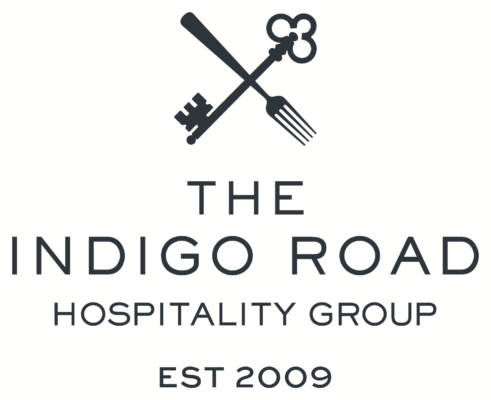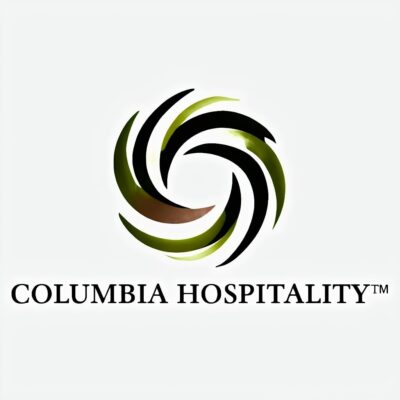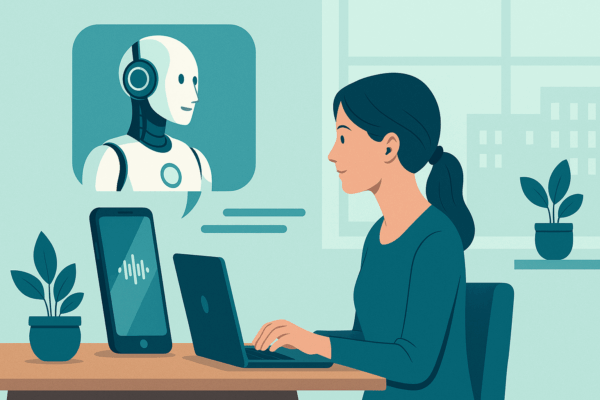The average U.S. hotel occupancy rate reached nearly 65%, indicating a steady return to pre-pandemic levels. The recovery is particularly notable among lower-tier hotels, which are outperforming luxury brands — a shift in traveler preferences and market dynamics.
To keep pace with these changes, hoteliers must optimize every aspect of their service by integrating advanced technologies to streamline operations and tailoring experiences to individual guest preferences. These strategies enhance guest satisfaction, drive operational efficiencies, and position hotels to thrive in a competitive landscape.
How Can Streamlined Hotel Management Boost Efficiency?
Integrating digital checklists and mobile technology increases speed and accuracy in room readiness. Real-time tracking of room status enables housekeeping staff to respond quickly to changing needs, and improved communication between housekeeping and the front desk lets guests know when rooms are ready, reducing wait times and improving satisfaction.
Key benefits:
- Faster room turnaround with greater accuracy
- Real-time room status tracking
- Improved communication between housekeeping and front desk
- Reduced guest waiting times and higher satisfaction
- Optimized allocation of housekeeping resources
Merging technology with traditional practices revolutionizes accommodation management, making operations more streamlined and effective.
Why Is Automating Operational Tasks Essential for Hotels?
Automation is crucial in hospitality for several reasons:
- Efficiency and accuracy: Automation streamlines check-ins, check-outs, room assignments, and housekeeping schedules, reducing human error and speeding processes.
- Cost savings: Routine task automation can lower labor costs (e.g., self-check-in kiosks during low-traffic hours).
- Personalization: AI-driven systems analyze guest data to recommend upgrades or activities tailored to preferences.
- Guest satisfaction: Faster response times through chatbots and mobile apps improve the guest experience.
- Data insights: Automation generates data for analyzing guest preferences, booking patterns, and operational performance to inform strategy.
How Can Hotels Strategize for Better Revenue and Budget Management?
Effective strategies to optimize revenue and manage budgets include:
- Dynamic pricing: Adjust room rates based on demand, occupancy, and market conditions to maximize revenue.
- Upselling and cross-selling: Train staff to promote room upgrades and additional services; highlight hotel amenities such as restaurants, bars, and spas.
- Revenue management systems: Use analytics-driven systems to optimize pricing, occupancy, and distribution strategies.
- Cost control: Reduce unnecessary expenses via energy optimization, waste reduction, and supplier negotiations.
- Diversify revenue streams: Offer event hosting, catering, meeting space rental, or other services beyond room bookings.
What Technologies Are Essential for Enhancing the Guest Experience?
Certain technologies are now indispensable for enhancing guest experience. Foremost among them is HelloShift, an all-in-one hotel app designed to streamline communication and operations.
Transforming Communication
HelloShift provides a unified communication system for staff and guests, addressing staff shortages and rising guest expectations. Features include guest messaging and website chat for immediate understanding and fulfillment of guest needs.
Streamlining Operations
HelloShift enables contactless check-in and self-service options for guests while supporting staff collaboration and efficient housekeeping management to keep operations seamless.
Centralizing Management for Efficiency
Centralized communication accessible from a single screen on any device improves staff accountability and enables real-time coordination. Managers can supervise operations remotely with up-to-date visibility.
Hotel Service Optimization Beyond 2025
Successful hotel optimization addresses both the operational backbone and guest-facing elements. Key pillars include:
- Leveraging tools like HelloShift to centralize communication and operations
- Adopting dynamic pricing and optimizing distribution channels
- Focusing on a guest-centered approach backed by automation and data insights
Common digital guest features and staff tools:
- Automated routine messages and pre-arrival communications
- Mobile digital guidebooks and pre-check-in via guests’ devices
- Housekeeping visibility and coordination across buildings, floors, shifts, and departments
- Guest messaging, contactless check-in, website chat, staff collaboration, and housekeeping management
The Flat Iron Hotel (Indigo Road Hospitality Group) implemented HelloShift for real-time staff communication and rapid issue resolution, seamlessly integrating with their StayNTouch PMS.
Stop losing revenue to missed calls and voicemails. HelloShift AI answers when staff is busy, guests enjoy mobile check-in and digital guidebooks, and your team coordinates seamlessly with real-time room status updates.
See why properties using HelloShift report 30% fewer guest complaints and 2x faster issue resolution. Book a personalized demo or start your free trial.


